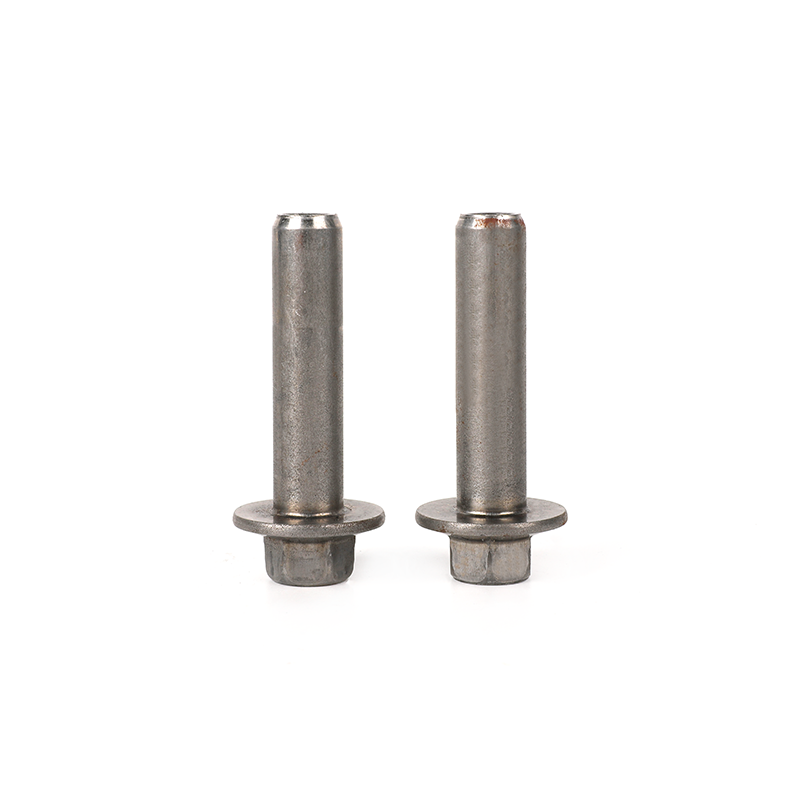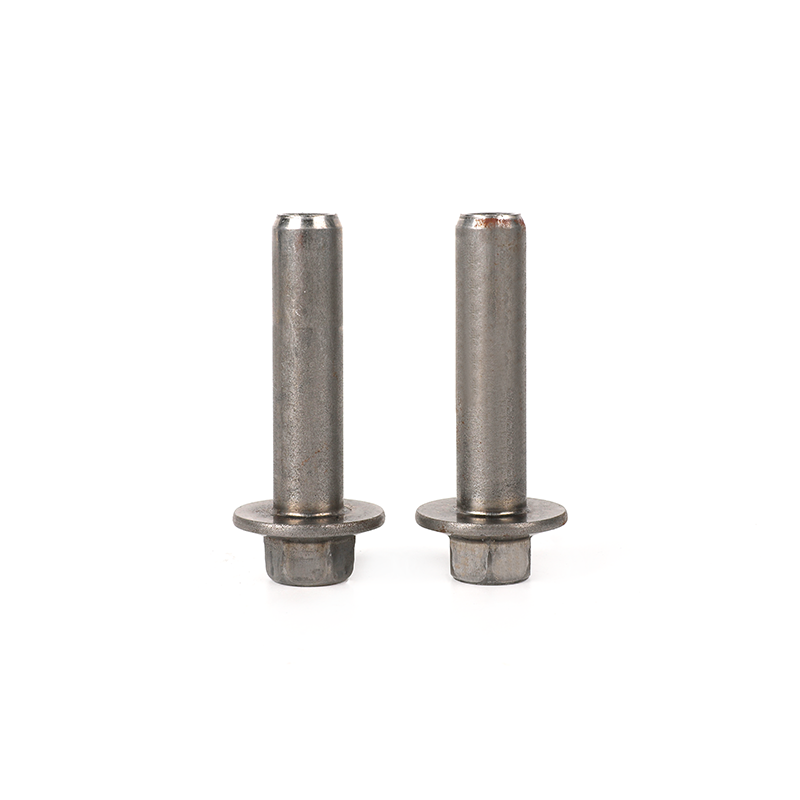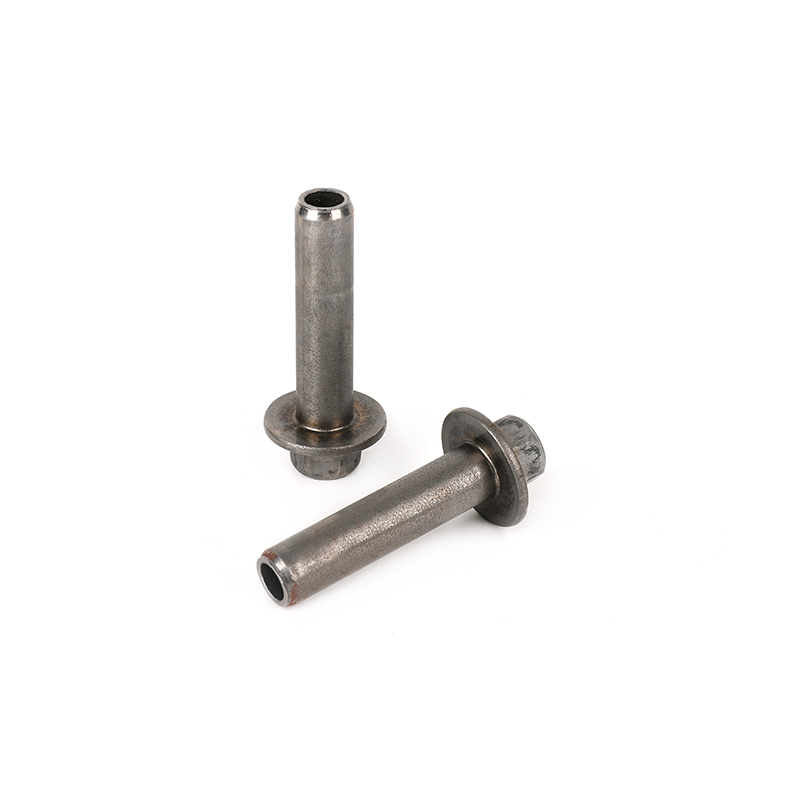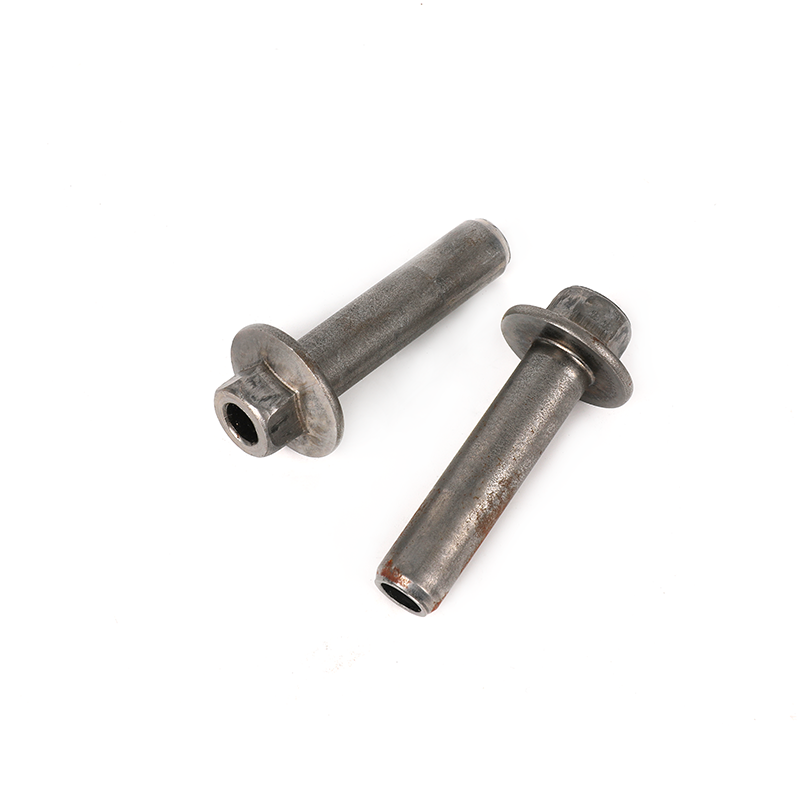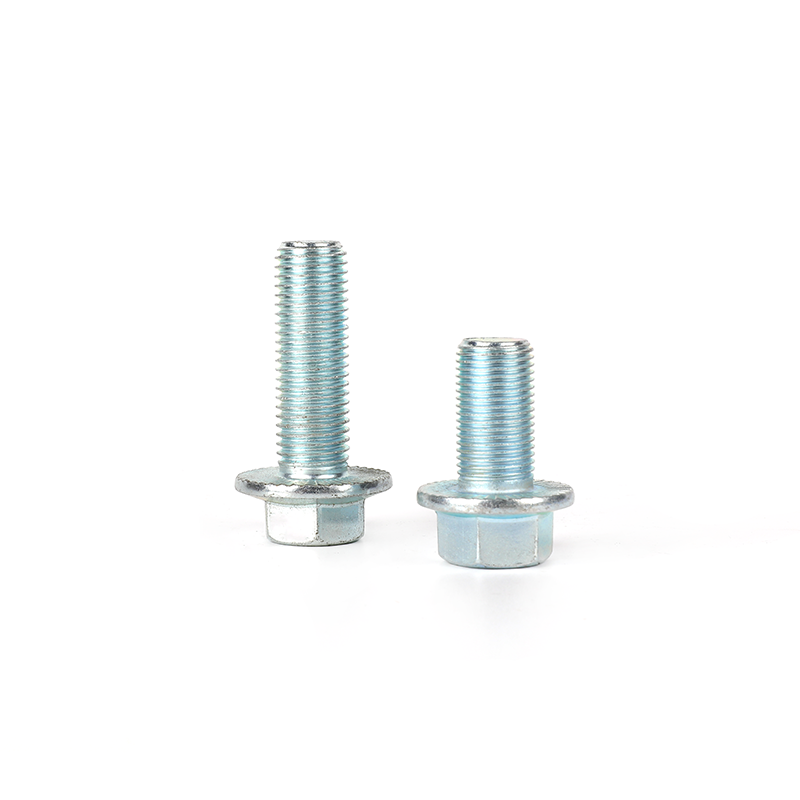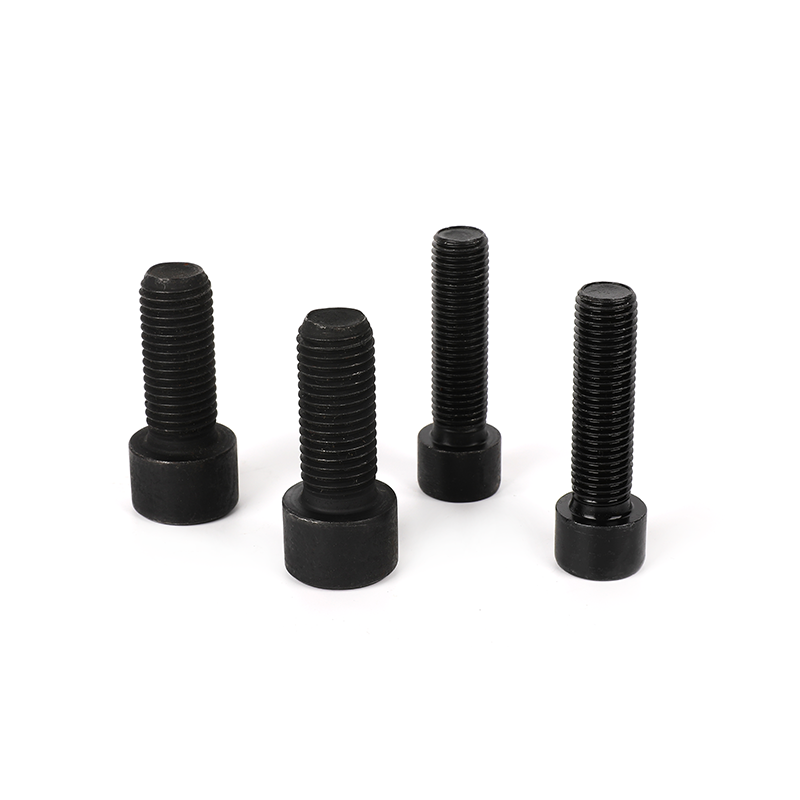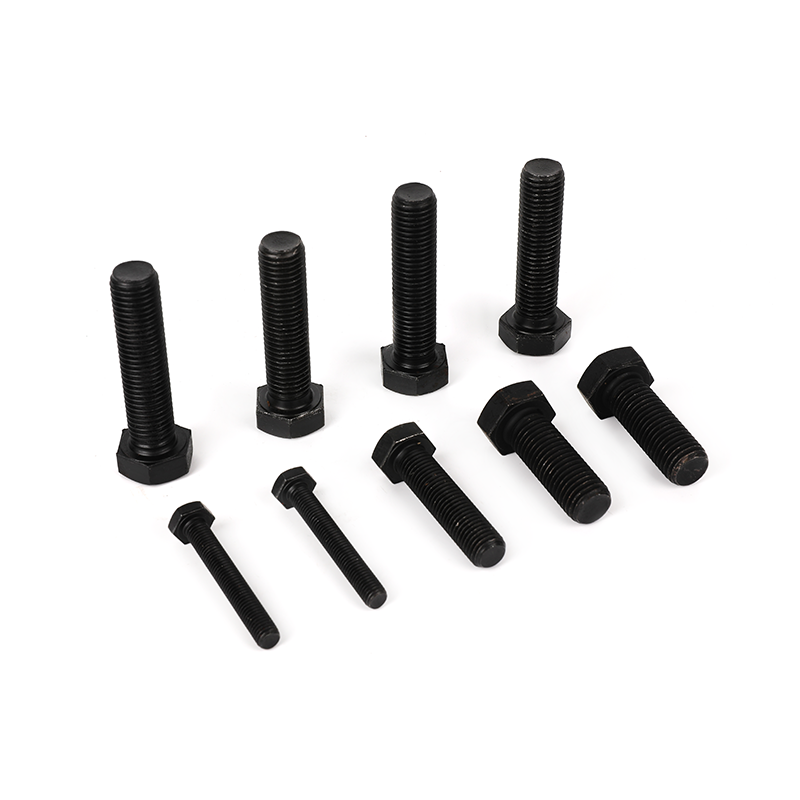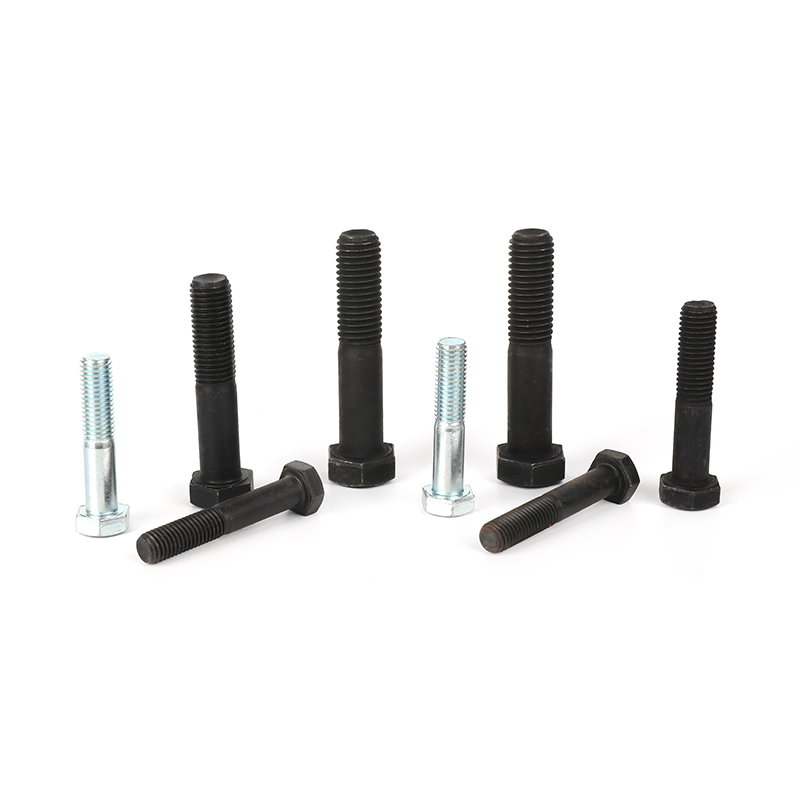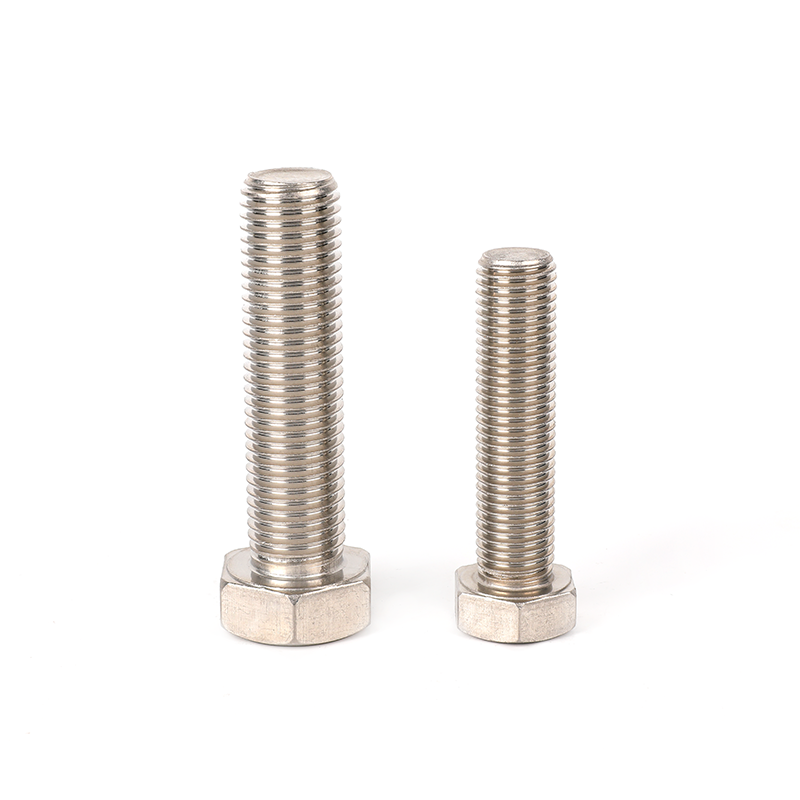What is the design and construction of hollow flange bolts, and how do they differ from solid bolts?
Hollow flange bolts, also known as hollow bolts or tubular bolts, have a unique design and construction that sets them apart from solid bolts. Here are key aspects of the design and construction of hollow flange bolts and how they differ from solid bolts:
Design and Construction of Hollow Flange Bolts:
Hollow Core:The most distinctive feature of hollow flange bolts is their hollow or tubular core. Unlike solid bolts that have a continuous, solid cross-section throughout their length, hollow flange bolts have a cavity running through the center.
Flange Head:Hollow flange bolts typically have a flange head design. The flange is a flat, circular disc-like structure located under the bolt head. The flange provides a larger load-bearing surface, which can be beneficial in certain applications.
Threaded Ends:Similar to solid bolts, hollow flange bolts have threaded ends that allow them to be secured by nuts or threaded into a threaded receptacle. The threading can vary in size and pitch based on the specific application requirements.
Material Composition:Hollow flange bolts are constructed from various materials, including metals such as steel, stainless steel, or aluminum. The choice of material depends on factors such as strength requirements, corrosion resistance, and the application environment.
Flange Design Variations:The flange design can vary among hollow flange bolts. Some may have a flat and smooth flange, while others may feature serrations or grooves on the flange surface. These variations serve different purposes, such as providing anti-slip features or facilitating torque transfer.
Applications:Hollow flange bolts find applications in industries where weight reduction, specific load-bearing characteristics, or unique design requirements are crucial. They are commonly used in aerospace, automotive, and construction applications.
Differences from Solid Bolts:
Weight Reduction:One of the primary advantages of hollow flange bolts is weight reduction. The hollow core significantly reduces the overall weight of the bolt compared to a solid bolt of similar dimensions and material.
Enhanced Load Distribution:The flange head design of hollow flange bolts provides a larger load-bearing surface. This can help distribute loads more effectively, especially in applications where load distribution is critical.
Applications in Aerospace:Hollow flange bolts are often favored in aerospace applications where weight savings are paramount. The combination of a hollow core and flange design makes them suitable for aerospace components where reducing weight without compromising strength is essential.
Specific Design Considerations:The unique design of hollow flange bolts makes them suitable for specific design considerations, such as applications where minimizing mass or achieving a specific strength-to-weight ratio is a priority.

